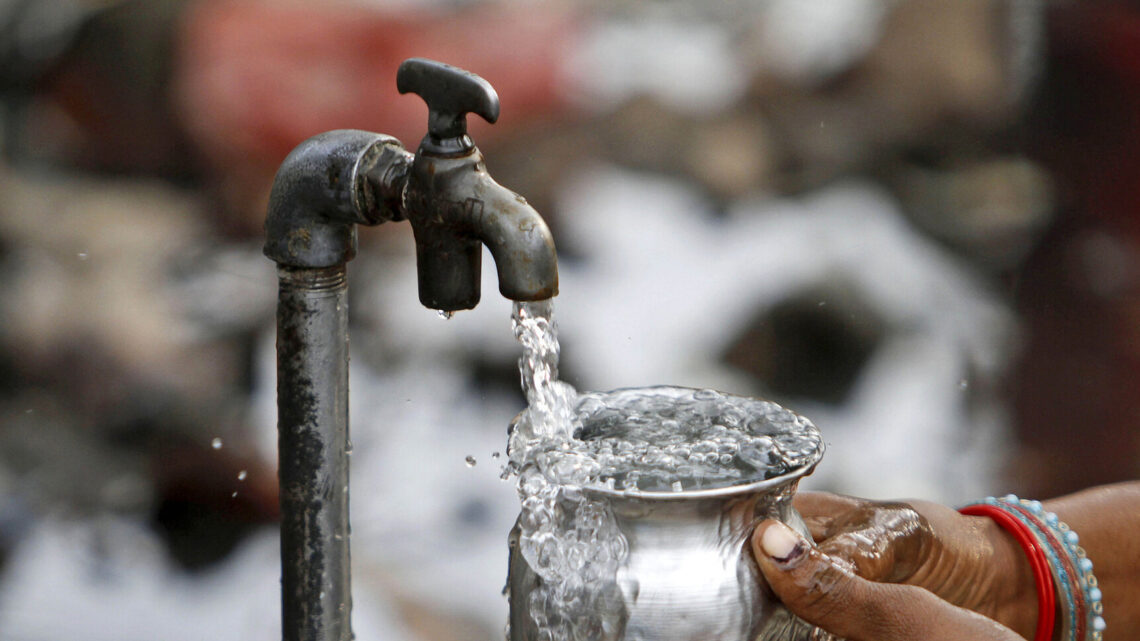
Consultancy Supporting the Development of the Concept Note for Water Security in the Face of Climate Change in Remote Vulnerable Communities
Client
InterAmerican Development Bank (IDB)Dates
Start DateOctober, 2020
Finish DateDecember, 2020
Country
mexico
Financing
10768€ (12,000$USD)
Value of the services provided by WE&B
12,000$USD
Activities
- concept note development
Description
Since 1998, the Government of Mexico through the Programme for the Sustainability of Drinking Water and Sanitation Services in Rural Areas (PROSSAPYS), accompanied in its three stages by loan operations from the Inter-American Development Bank (IDB), has contributed to increase the levels of water and sanitation coverage in rural areas, in localities with less than 2,500 inhabitants, promoting community management of the systems; and exceptionally those with up to 15,000 inhabitants are also considered.
The objective of the consultancy is to support the National Water Commission (CONAGUA) in the analysis and integration of information related to the National Programme for Rainwater Harvesting And Ecotechnics in Rural Areas of Mexico (PROCAPTAR) and the Programme for the Sustainability of Drinking Water and Sanitation Services in Rural Communities (PROSSAPYS) with the aim of designing a new programme that incorporates lessons learned from the previous programmes, as well as, a water security component in the face of climate change in remote vulnerable communities.
Services provided by WE&B
The objectives of the assignment were:
1. Compilation and review of information.
2. Climate change alignment. Including the identification of actions or activities of the programmes that contribute directly or
indirectly to mitigation or adaptation to reduce the vulnerability of rural communities to climate change and/or reduce carbon emissions. As well as the recommendation of actions that could contribute within the framework of the programmes to the water security of communities vulnerable to the effects of climate change.
3. To support in the integration of a concept note. Including:
a. Context and baseline: climate vulnerabilities and impacts, GHG emissions profile, and mitigation and adaptation
needs expected to be addressed by the prospective intervention should be described. It should also describe how
the project fits with the country’s national priorities.
b. Programme description: Description of the expected set of components/outputs and sub-components/activities to
address the barriers identified above that will lead to the expected results.
c. Prepare the theory of change and provide information on how it serves to shift the development pathway towards
a lower emission and/or climate resilient direction, in line with the goals and objectives of the Green Climate Fund.
d. An estimate of the expected impacts aligned with GCF investment criteria provided: including the impact potential,
paradigm shift, sustainable development, recipient needs, country ownership, and efficiency and effectiveness.
e. To define the climate change adaptation measures and indicators per component.
f. Analysis of the financial and economic sustainability of the interventions.
g. Engagement with staff of the InterAmerican Development Bank, and national authorities (NDAs), accredited entities
and project stakeholders, to understand their role within the project.
4. The cost of the project per component estimated according to the Green Climate Fund format.
5. The sustainability strategy of the intervention and the potential for replicability described.
6. Participation in coordination meetings and development of the concept note.





